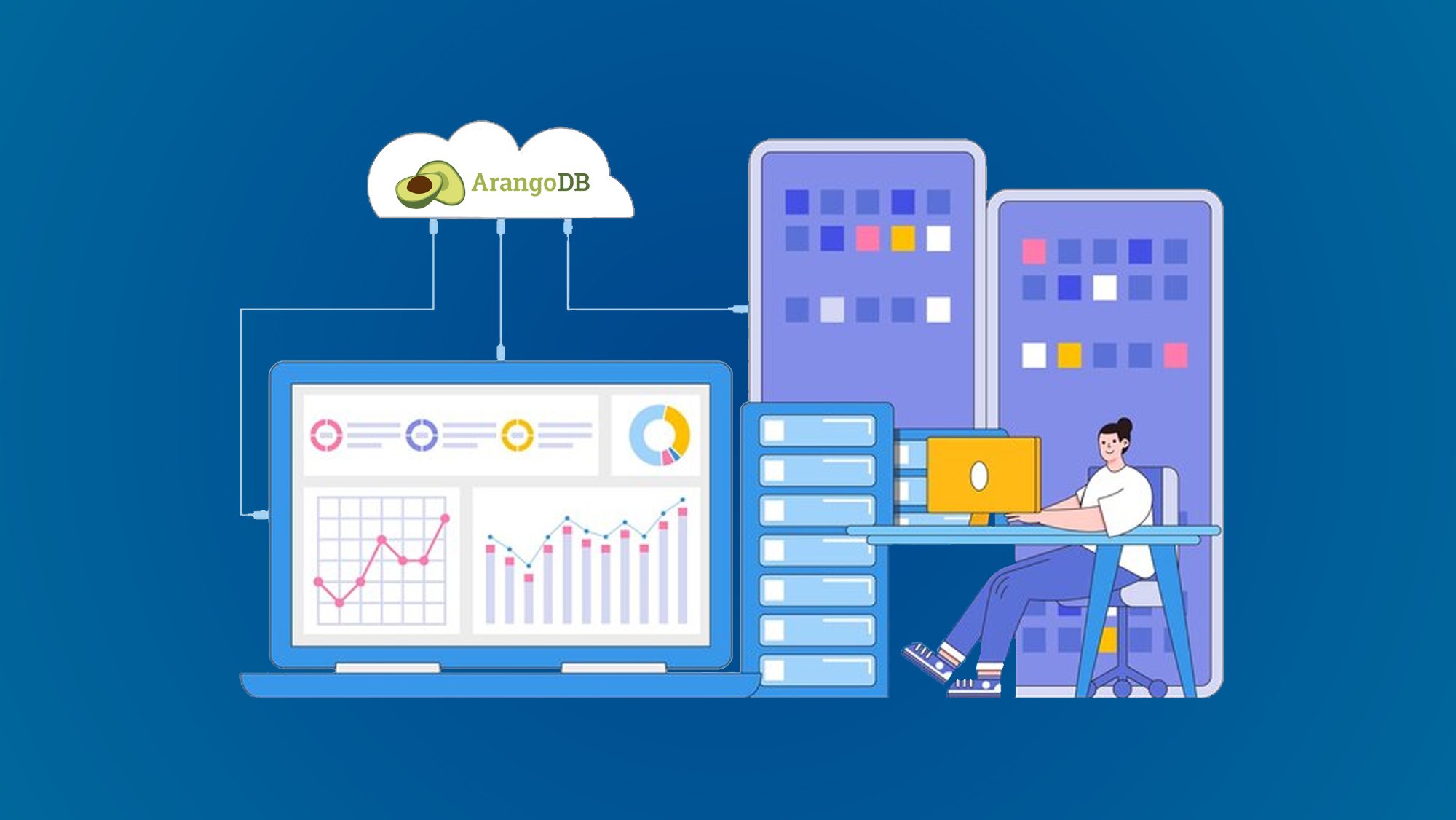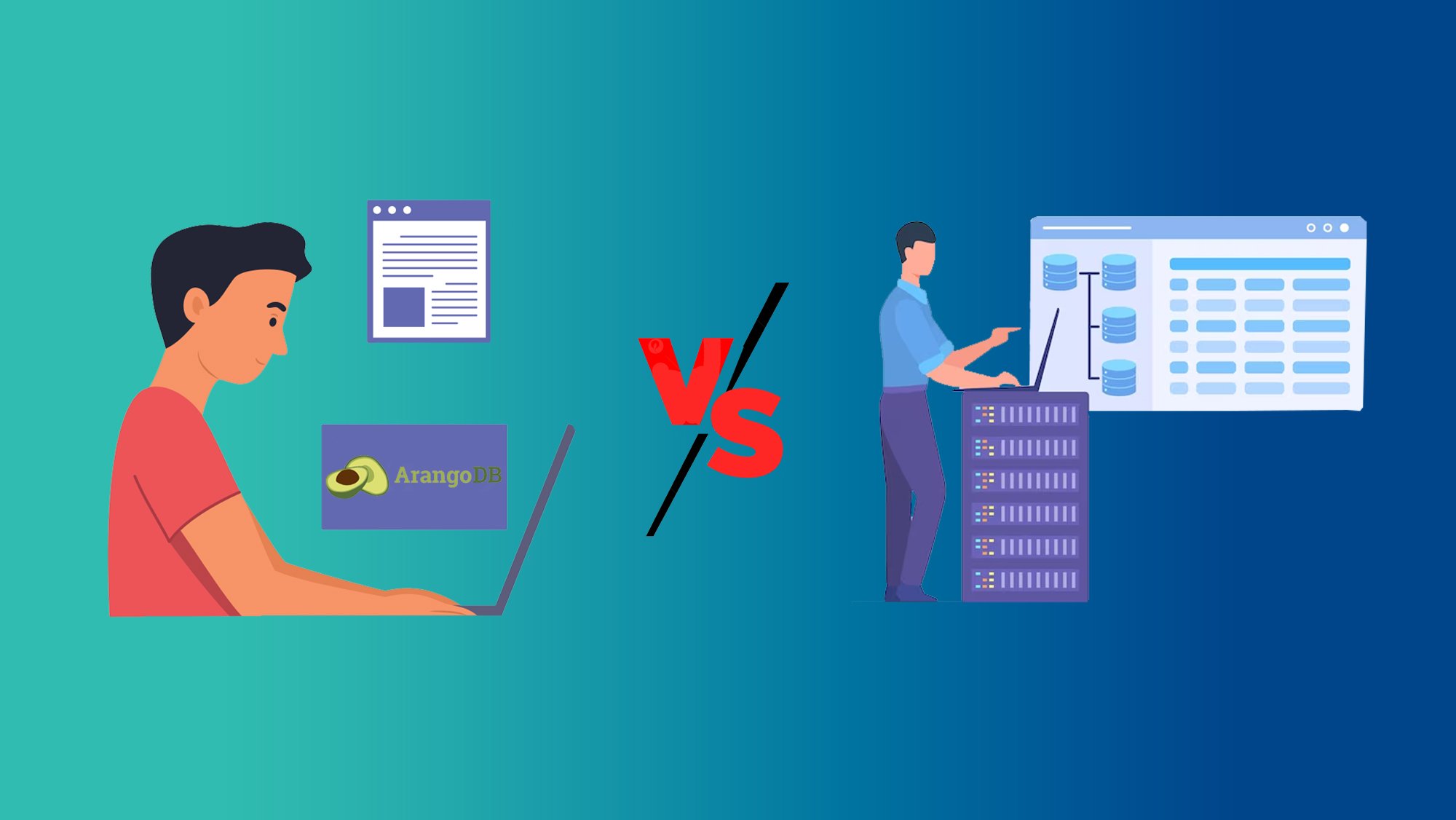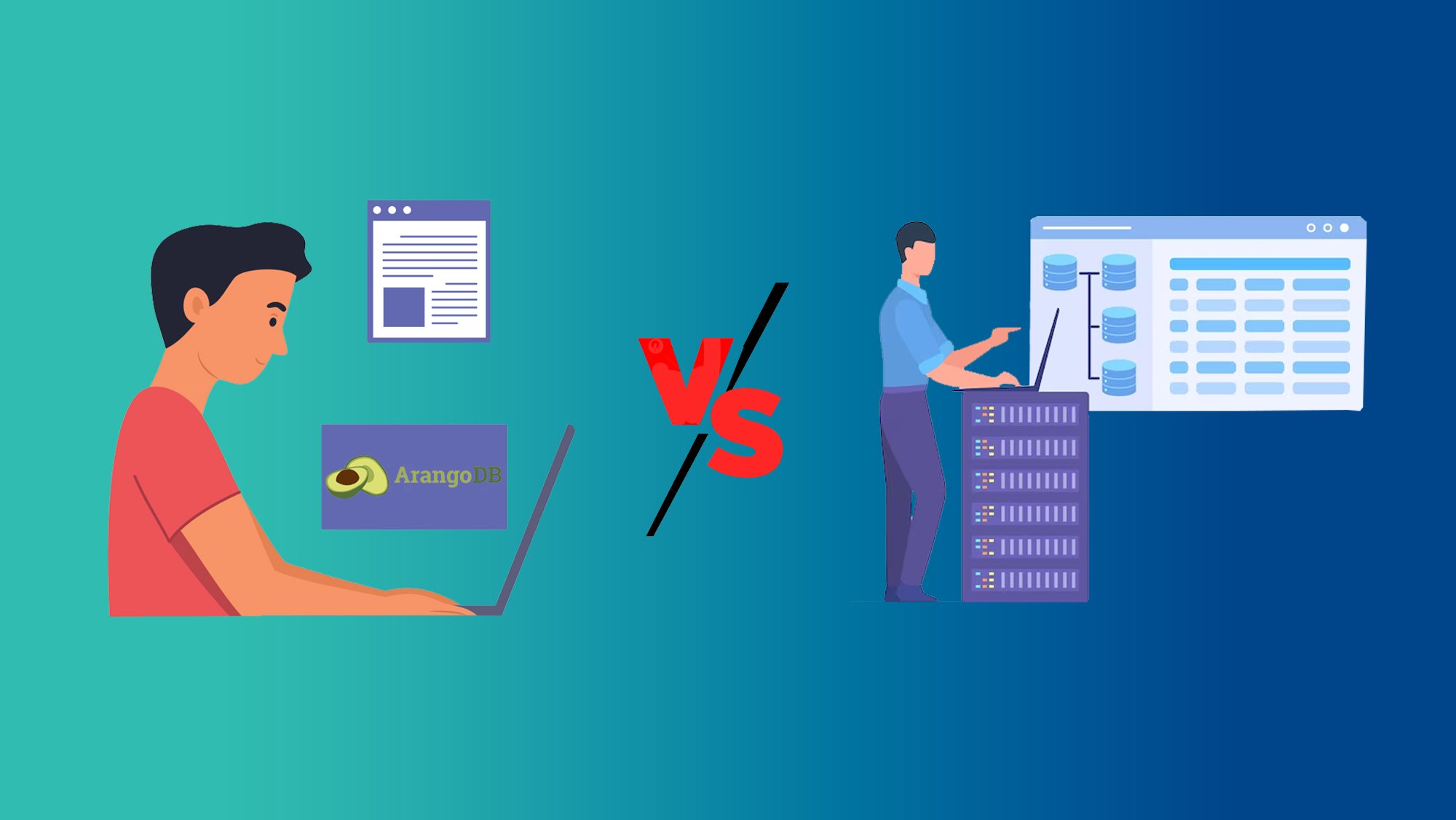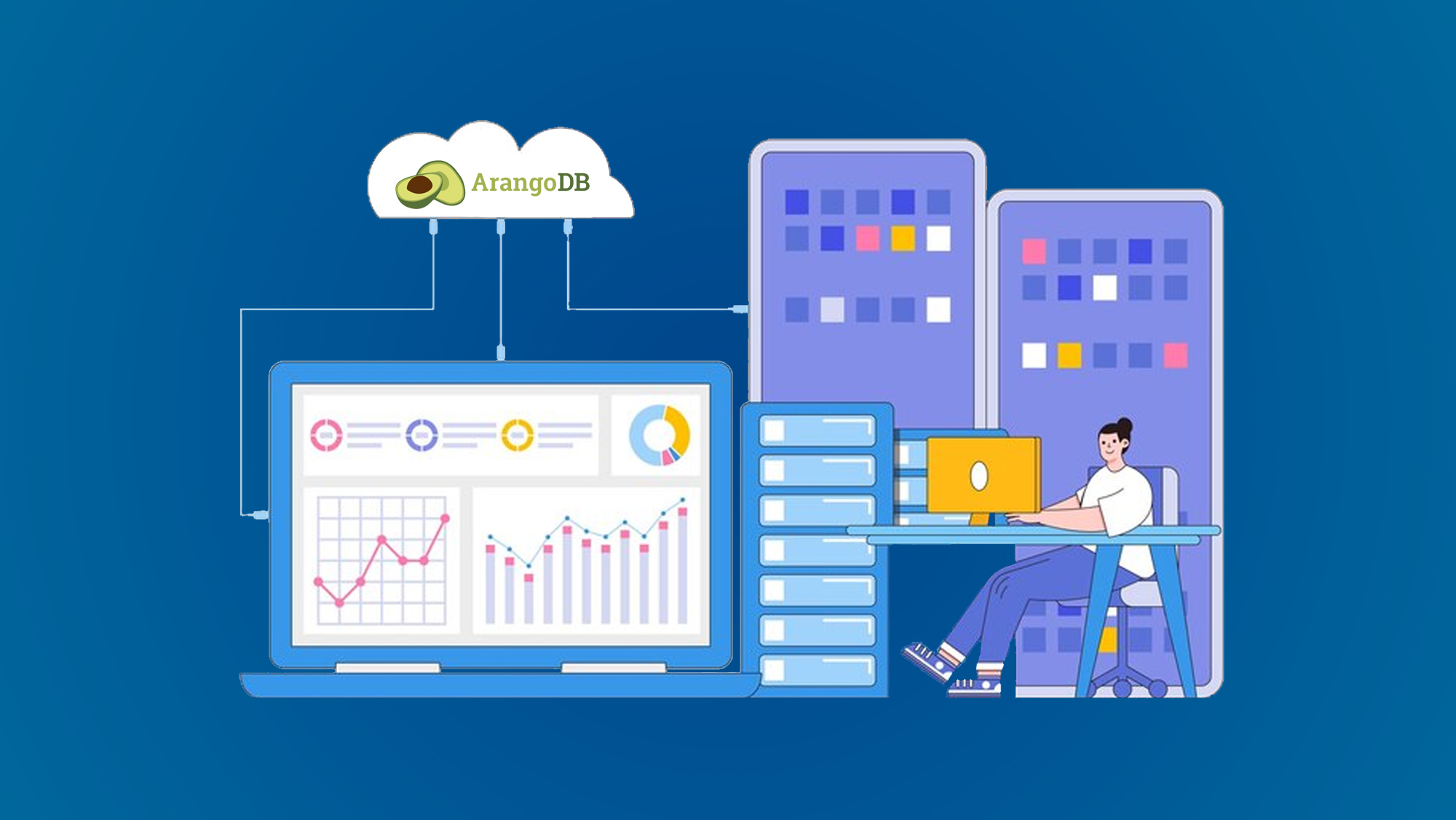Why is ArangoDB Training Important?
- Efficient Utilization: Training equips individuals with the knowledge and skills needed to effectively utilize ArangoDB's features and functionalities. It enables developers to make the most out of the database system, optimizing performance and leveraging its capabilities to handle complex data models and access patterns.
- Seamless Integration: ArangoDB training helps developers understand how to integrate the database into existing or new projects seamlessly. It covers topics such as data modeling, indexing, query optimization, and data manipulation, ensuring that the database is utilized efficiently within the specific context of the application.
- Performance Optimization: By gaining insights into the inner workings of ArangoDB and learning best practices, individuals can optimize the performance of their applications. Training provides knowledge on query tuning, indexing strategies, caching mechanisms, and database configuration, allowing developers to achieve high-performance data operations.
- Scalability and Growth: ArangoDB training equips developers with the skills necessary to handle scalable database architectures. They learn about sharding, replication, and cluster management, enabling them to design and implement scalable solutions that can grow with the demands of the application or organization.
- Troubleshooting and Maintenance: Training provides individuals with the ability to diagnose and troubleshoot common issues that may arise during the development or operation of an ArangoDB-based system. It covers topics such as monitoring, backup and recovery, security, and data integrity, ensuring that the database is properly maintained and protected.
- Collaboration and Community Support: Engaging in ArangoDB training allows individuals to become part of a vibrant community of users and developers. They can benefit from the collective knowledge and support available through forums, documentation, and community resources, enabling collaborative problem-solving and continuous learning.
What are the Key Components of ArangoDB Training?
- Introduction to ArangoDB: This component provides an overview of ArangoDB, its architecture, and its core features. It familiarizes participants with the multi-model data model concept and the advantages of using ArangoDB for various use cases.
- Data Modeling: Training covers the principles and best practices for designing effective data models in ArangoDB. Participants learn how to define collections, choose appropriate data structures (documents, graphs, key-value), and establish relationships between data entities.
- Query Language (AQL): A significant component of ArangoDB training focuses on AQL, the query language used to retrieve, manipulate, and analyze data in ArangoDB. Participants learn the syntax, operators, functions, and advanced querying techniques to perform complex data operations efficiently.
- Indexing and Optimization: This component explores techniques for optimizing query performance in ArangoDB. Participants learn about different indexing strategies, query optimization methods, and performance tuning approaches to ensure efficient data access and retrieval.
- Replication and Clustering: ArangoDB training often includes discussions on replication and clustering. Participants gain insights into setting up replication, configuring clusters, and managing distributed environments to achieve high availability, fault tolerance, and scalability.
- Administration and Management: This component covers various administrative tasks associated with ArangoDB, including installation, configuration, backup and recovery, security, and monitoring. Participants learn how to manage the database system effectively and ensure its smooth operation.
- Application Development: Training may include practical exercises and examples of using ArangoDB in application development. Participants learn how to integrate ArangoDB into their projects, use ArangoDB drivers or APIs in different programming languages, and leverage the database's capabilities to build robust and scalable applications.
Who can do ArangoDB Courses?
ArangoDB courses are suitable for a wide range of individuals and professionals looking to enhance their skills and knowledge in database management and application development. Developers, database administrators, data engineers, and data scientists who work with structured, semi-structured, and connected data can benefit from ArangoDB courses. Additionally, individuals involved in building applications that require multi-model data support, graph databases, or efficient query processing can find value in learning ArangoDB. Whether you are a beginner or an experienced professional, ArangoDB courses provide valuable insights and hands-on training to elevate your database management and development capabilities.
ArangoDB Career Opportunities
- Database Administrator: ArangoDB administrators are responsible for managing, configuring, maintaining ArangoDB instances, ensuring high availability, performance, and data integrity.
- Database Developer: Database developers specialize in designing, implementing, and optimizing database schemas, queries, and data models using ArangoDB. They work closely with application developers to ensure efficient data access and manipulation.
- Data Engineer: Data engineers leverage ArangoDB's capabilities to build scalable data pipelines, extract, transform, and load (ETL) processes, and integrate data from various sources. They ensure data quality, data governance, and optimal data processing performance.
- Full-Stack Developer: Full-stack developers proficient in ArangoDB can build end-to-end applications that leverage the multi-model capabilities of the database. They design and implement both front-end and back-end components, ensuring seamless integration with ArangoDB for data storage and retrieval.
- Data Scientist: Data scientists can utilize ArangoDB's graph database functionality for advanced analytics, graph analysis, and data-driven insights. They apply machine learning and data mining techniques to uncover patterns, relationships, and trends in complex datasets.
- Solutions Architect: ArangoDB solutions architects design and implement data management solutions using ArangoDB. They work closely with clients or internal teams to understand requirements, develop architecture designs, and ensure the successful deployment and utilization of ArangoDB in specific projects.
- Technical Consultant: Technical consultants with expertise in ArangoDB provide guidance, support, and consultancy services to clients or organizations looking to adopt or optimize their usage of ArangoDB. They assist in architecture design, performance optimization, and troubleshooting.
- Researcher: Researchers in the field of database management and graph analytics can explore and contribute to the advancement of ArangoDB. They focus on developing innovative techniques, algorithms, and optimizations to enhance the capabilities and performance of ArangoDB.
Conclusion:
ArangoDB stands as a versatile and powerful multi-model database system that combines document, graph, and key-value stores in one unified platform. With its flexibility, scalability, and rich feature set, ArangoDB offers developers and organizations a robust solution for managing and querying structured, semi-structured, and connected data. By leveraging its unique capabilities, businesses can unlock new possibilities in data management, application development, and advanced analytics. ArangoDB continues to evolve and present exciting opportunities for enhancing data-driven solutions across various industries.







No Comments Yet
Let us know what you think